The African Ministers’ Council on Water (AMCOW) is convening a crucial three-day workshop in Harare, aimed at tackling the continent’s escalating water challenges.
Dr. Rashid Mbaziira, the Executive Secretary of AMCOW, said delegates from various African nations have gathered to share insights and strategies for improving water supply services and enhancing cooperation among countries.
The workshop will focus on two main goals. First, it will gather input from Southern African countries about their priorities for the water and sanitation agenda and policies beyond 2025. Second, it will hold the annual meeting of the African Ministers’ Council on Water for the Southern Africa region.
“We are here in the Southern Africa region, hosted by the current Vice President for the African Ministers’ Council on Water for Southern Africa, the Republic of Zimbabwe, to do two things: the first being a consultation with the regional member states of Southern Africa on what they would like to see as their priorities captured into the water and sanitation agenda and policy beyond 2025. And secondly, for us to have the annual statutory meeting of the African Ministers’ Council on Water for the Southern Africa sub-region,” Dr. Mbaziira explained.
Dr. Mbaziira acknowledged that, despite the efforts of member states, progress toward achieving the Africa Water Vision 2025, as reported by the Africa Water and Sanitation Sector Monitoring (WASSMO) system shows that gaps remain in meeting water and sanitation goals across Africa.
He added that they have learned valuable lessons and are looking to approach these challenges differently to achieve better results moving forward.
“Our assessment is such that we have not been able to achieve that. But we have also learned lessons in what we’ve done and why we haven’t been able to achieve the results we wanted. Even in the results we have achieved, we can do certain things differently to utilize our water better and prevent such challenges going forward,” he said.
“Our consultation now is that this is the last milestone year of the vision as we agreed upon it. We have not realized everything we wanted for the vision, but we can then think about how to take it forward. So, we are converging here with the members of Southern Africa to look at how we can do things differently to achieve better results going forward, so that we can reach a point where everyone is healthy, the environment is healthy, water is contributing to industrialization, food security, and environmental security,” he added.
Africa’s water crises are as diverse as its nations, but only a united, flexible approach can turn scarcity, floods, and shortages into security for all.
“Africa is a continent of 55 member states, but in each of our regions, challenges manifest differently. While we are experiencing drought in this region, others are experiencing floods. Some regions already live in periods of scarcity. So, their perspectives on water and water development vary. They might be talking about efficiency, we might be talking about water storage, and others might be discussing flood control. But we are one continent, and we must bring all these ideas together to create a vision and action framework that allows us to cater to all these requirements—ensuring actions that meet the needs of every African and fulfill the SDG agenda of leaving no one behind,” Dr. Mbaziira added.
Dr. Mbaziira believes that by 2063, Africa aims to be a prosperous, self-sufficient global player where smart water management ensures food and energy security and protection from climate disasters.
“Agenda 2063 was conceptualized in 2013 by the African Union, envisioning Africa by 2063 as a prosperous continent that plays its rightful role in the global arena, with its people leading that agenda. A key element recognizes the importance of environmental security and water’s contribution to that. We are looking at an Africa with food and nutrition security, sufficient energy to power industries and ensure electrification for all, and an Africa capable of mitigating water-related disasters like floods and droughts through better preparedness and risk management.”
“Over the years, we have realized that these are goals we must achieve ourselves. We need to do more as member states and countries to attain the prosperous Africa we envision by 2063. The water vision was set for 2025, and now we are working to align water’s contribution with the broader goals of 2063,” he added.

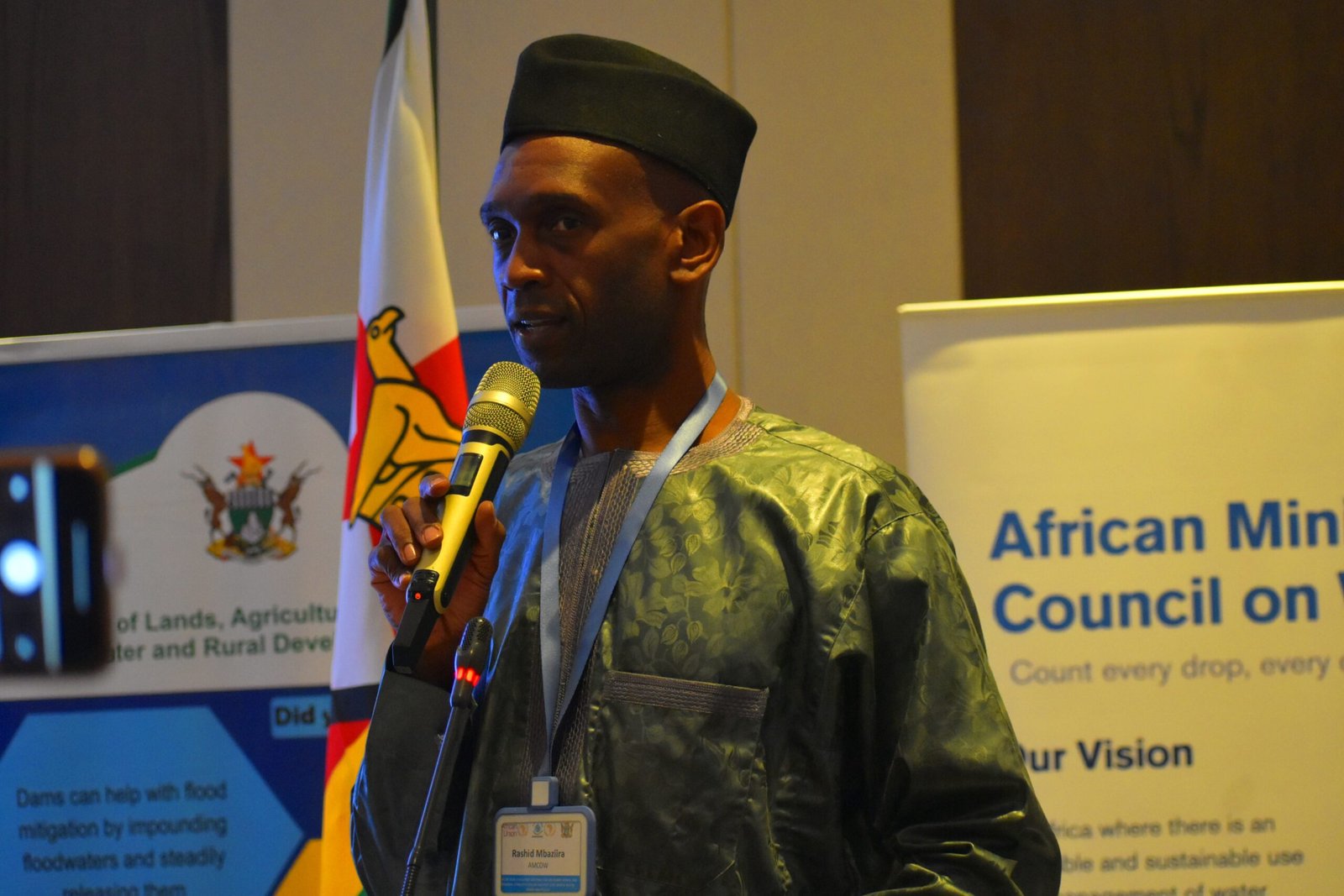
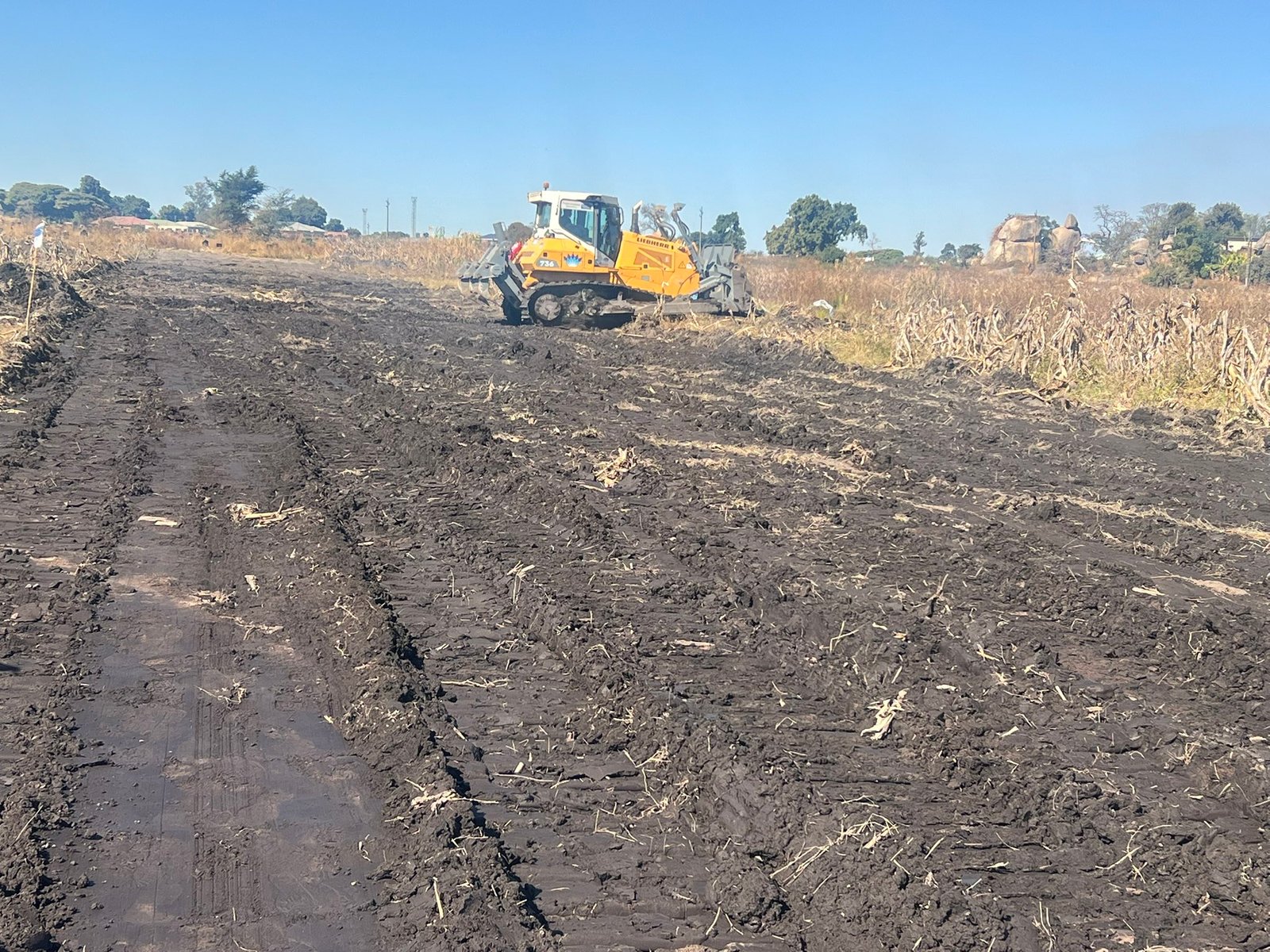
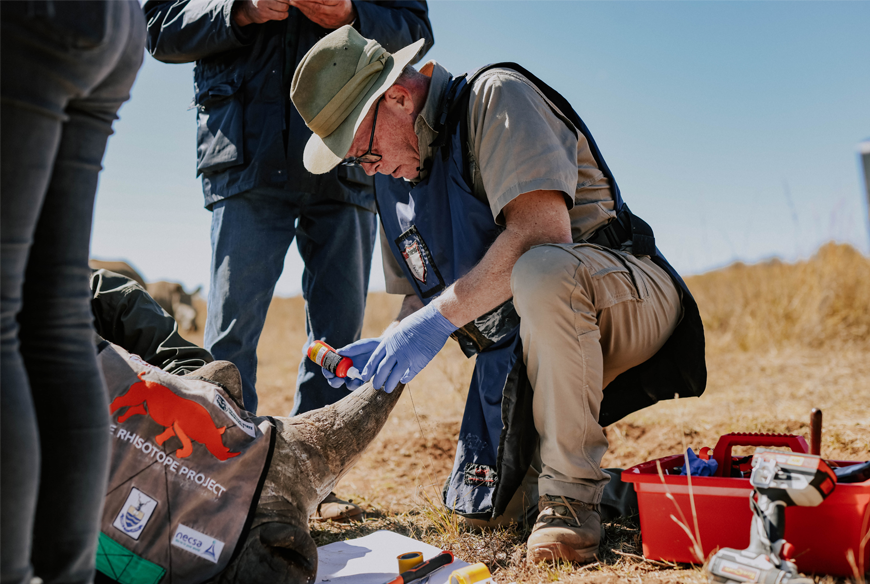
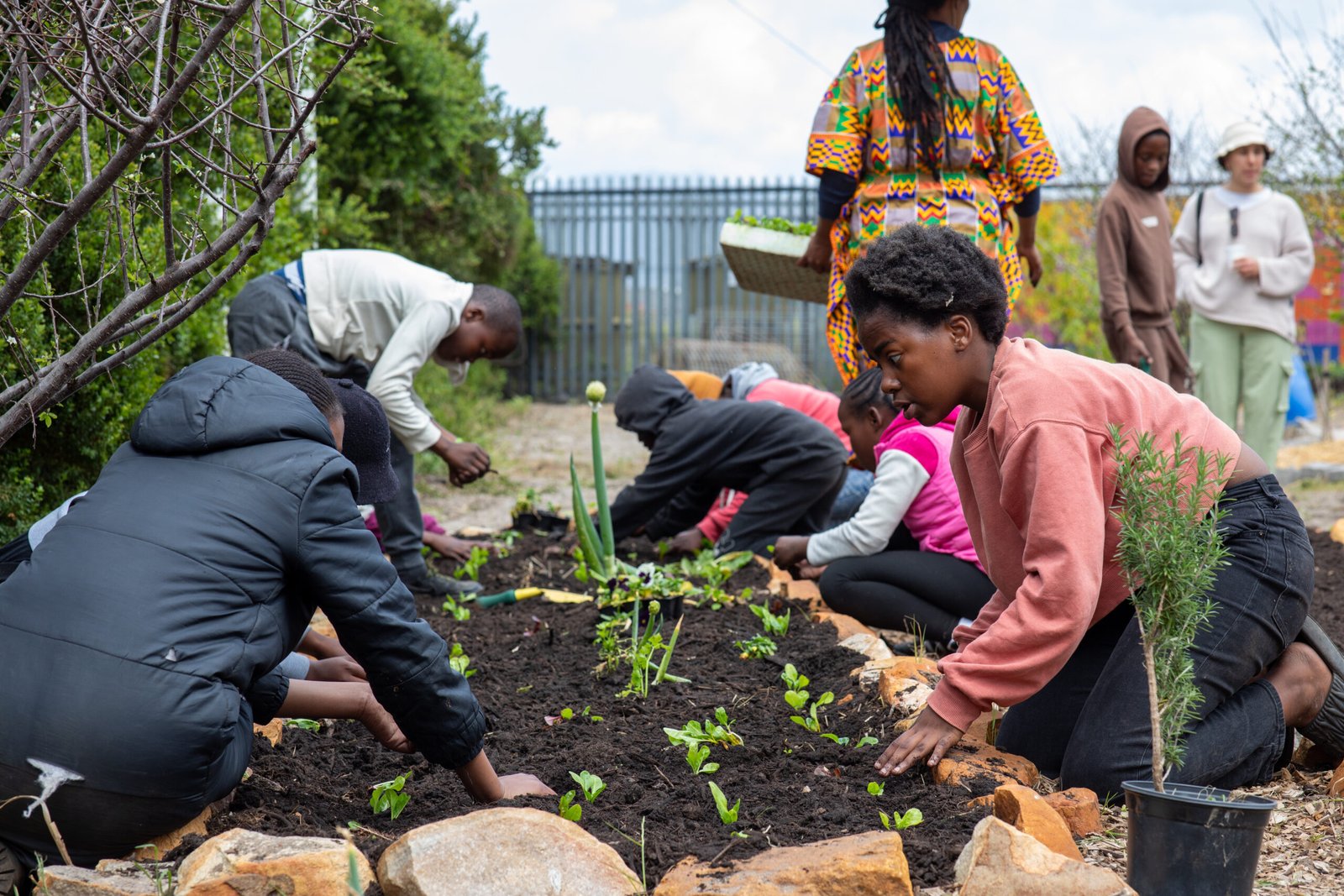
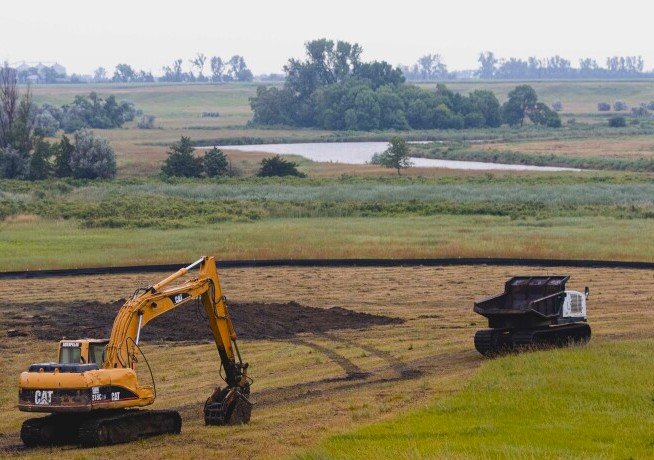
Certainly there are some things that we ought to do differently as Africa. One revolves around financing for WASH service delivery. Water is a human right, so is Sanitation and Hygiene. Regrettably, our governments are not able to reflect and amplify in their budgets commitments and disbursements. Financing for WASH is being relegated to civil society and of late private sector. This is the thorn in the flesh that ought to be bursted before anything else…